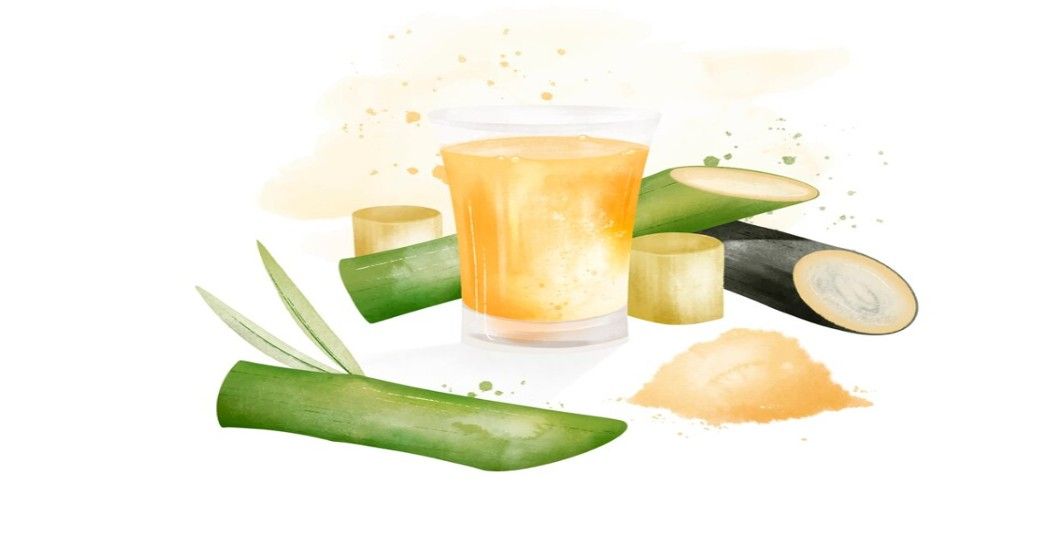Diabetes Management
Grapes and Diabetes: A Nutritional Guide
1 min read
By Apollo 24|7, Published on - 12 July 2024
Share this article
0
0 like
.jpg?tr=q-80)
Do grapes fit into a balanced diet for individuals with diabetes? The answer is yes - when enjoyed in moderation. This juicy, sweet fruit can indeed be beneficial for those managing diabetes. Grapes carry a host of nutritional benefits, and understanding how to incorporate them into your diet can help you control your blood sugar levels while enjoying its taste.
Grapes and Their Role in Diabetes Management
Grapes, with their medium glycaemic index of 56 and low glycaemic load, can certainly form a part of a diabetic individual's diet. These tiny berries are not only low in calories but also rich in essential nutrients and vital minerals. Additionally, grapes contain resveratrol – a polyphenol known for its antioxidant and anti-inflammatory properties that could enhance insulin sensitivity and glucose intake.
Consumption Guidelines for Diabetic Individuals
When it comes to grapes and diabetes, the mantra is portion control. A serving size of about 15 to 17 small grapes is ideal for diabetic individuals. Pairing grapes with high-fat or high-protein foods such as cheese could also help balance blood sugar levels. Remember, darker grapes like red and concord varieties pack the highest number of polyphenols and antioxidants.
Nutritional Composition of Grapes
A mindful approach towards eating grapes can make them a healthy addition to a diabetic diet. Dried grapes or raisins though should be avoided due to their high sugar content. Grapes provide good amounts of vitamins A, C, and K and minerals like copper, manganese, and potassium. 100 gms of grapes contain approximately 69 calories, making it a good option if you are watching your calories.
In the journey of managing diabetes, tools for tracking diet and lifestyle modifications can provide significant support. Programmes such as the Apollo Super 6 offer personalised support enabling individuals to manage type 2 diabetes effectively.
Diabetes Management
Consult Top Diabetologists
View AllLeave Comment
Recommended for you

Diabetes Management
Diabetes and Memory Loss: Prevention and Management Strategies
Memory loss can be a potential complication of diabetes but there are ways to manage it. Regular health checks, a balanced diet, regular exercise, and blood sugar control are all crucial factors. Enrolling in a supportive programme like Apollo Super 6 can offer you the tools and strategies to effectively manage diabetes, reducing the risk of memory loss and cognitive impairment.

Diabetes Management
Sugarcane Juice and Diabetes: A Comprehensive Understanding
Sugarcane juice, a favourite among many, can still find a place in a diabetic-friendly diet when consumed responsibly. Despite its high sugar content, its low GI and rich nutrient profile make it possible to enjoy this sweet beverage. Remember, moderation is key, keeping a check on your blood sugar levels is crucial and individual needs vary, so consult with your doctor before adding sugarcane juice to your diet.
.jpg?tr=q-80)
Diabetes Management
Pomegranates and Diabetes: The Sweet Side of Diabetes Management
Pondering on whether pomegranates are good for managing diabetes? Yes, they are! With a low glycaemic index and rich nutrient content, pomegranates can be a beneficial addition to a diabetes-friendly diet. However, managing diabetes is not about one food item alone – it requires a holistic approach. So, join hands with the Apollo Super 6 programme for thorough assistance in your journey towards effective diabetes management.
Subscribe
Sign up for our free Health Library Daily Newsletter
Get doctor-approved health tips, news, and more.
Visual Stories

8 Fruits That are Incredibly Healthy for Diabetes
Tap to continue exploring
Recommended for you

Diabetes Management
Diabetes and Memory Loss: Prevention and Management Strategies
Memory loss can be a potential complication of diabetes but there are ways to manage it. Regular health checks, a balanced diet, regular exercise, and blood sugar control are all crucial factors. Enrolling in a supportive programme like Apollo Super 6 can offer you the tools and strategies to effectively manage diabetes, reducing the risk of memory loss and cognitive impairment.

Diabetes Management
Sugarcane Juice and Diabetes: A Comprehensive Understanding
Sugarcane juice, a favourite among many, can still find a place in a diabetic-friendly diet when consumed responsibly. Despite its high sugar content, its low GI and rich nutrient profile make it possible to enjoy this sweet beverage. Remember, moderation is key, keeping a check on your blood sugar levels is crucial and individual needs vary, so consult with your doctor before adding sugarcane juice to your diet.
.jpg?tr=q-80)
Diabetes Management
Pomegranates and Diabetes: The Sweet Side of Diabetes Management
Pondering on whether pomegranates are good for managing diabetes? Yes, they are! With a low glycaemic index and rich nutrient content, pomegranates can be a beneficial addition to a diabetes-friendly diet. However, managing diabetes is not about one food item alone – it requires a holistic approach. So, join hands with the Apollo Super 6 programme for thorough assistance in your journey towards effective diabetes management.


